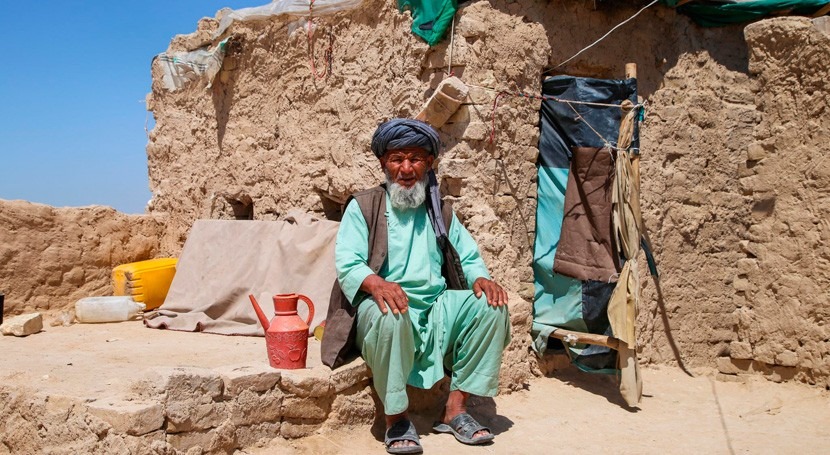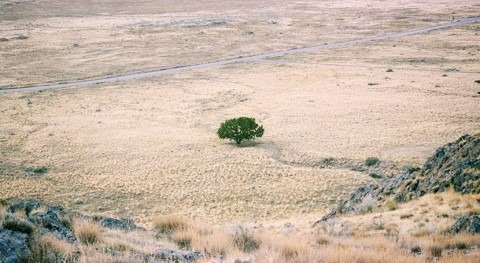The International Federation of Red Cross and Red Crescent Societies (IFRC) urges greater international support for millions of people in Afghanistan who are suffering due to worsening drought, COVID-19 and armed conflict.
The President of the Islamic Republic of Afghanistan officially declared a drought on 22 June, indicating that 30 percent of country is exposed to severe drought, 50 percent to serious drought and another 20 percent to moderate drought. Afghanistan’s wheat crop will be reduced by nearly 2 million tonnes and more than 3 million livestock are at risk of death, according to the government.
The drought declaration comes as COVID-19 is further worsening existing health and socio-economic hardships across the country while ongoing hostilities are displacing thousands, all left to rely on humanitarian assistance.
Dr Nilab Mobarez, the Afghan Red Crescent Society Acting President, said:
“We are seeing the devastating impacts of this drought on millions of people who are suffering from severe food and water shortages in most areas of Afghanistan. Food crops are depleted and withered in the fields, and many people have lost their incomes.
“Afghan Red Crescent response teams are urgently delivering relief, including food and cash assistance, for thousands of drought-affected families across bone-dry provinces.”
“Our network of branches in all 34 provinces of Afghanistan and volunteers in each district enable us to deliver humanitarian assistance even in hard-to-reach areas. Afghan Red Crescent is recognized and widely accepted by parties to the conflict because of its neutrality and impartiality, thus well-placed to reach communities which would otherwise be left behind.”
The IFRC is appealing for 15 million Swiss francs to support the Afghan Red Crescent Society to deliver cash grants to buy food supplies, restore livelihoods and crops for 280,000 people in 13 of the provinces worst affected by drought.
Necephor Mghendi, IFRC’s Head of Delegation for Afghanistan, said:
“Climate disasters, COVID-19 and conflict are converging in a living nightmare for the people of Afghanistan. Millions are going without meals every day and in some parts water is running dry. This is one of the most severe droughts ever in Afghanistan.
“Urgent international action is needed to support more than 18 million people who will need humanitarian support in Afghanistan this year due to this drought and food crisis, compounding impacts of record COVID-19 and many years of armed conflict.
“We have learnt from previous drought interventions that we must also invest more in drought-resistant crops, protecting livelihoods and livestock.”





